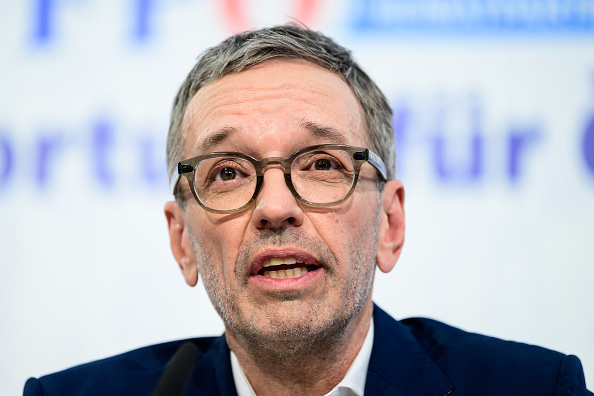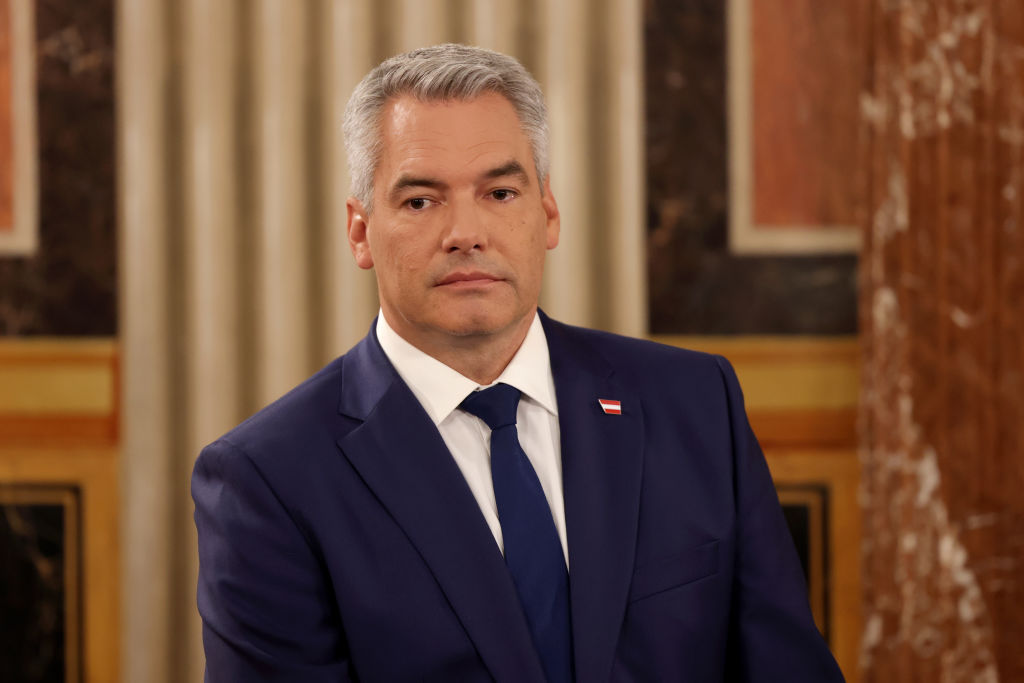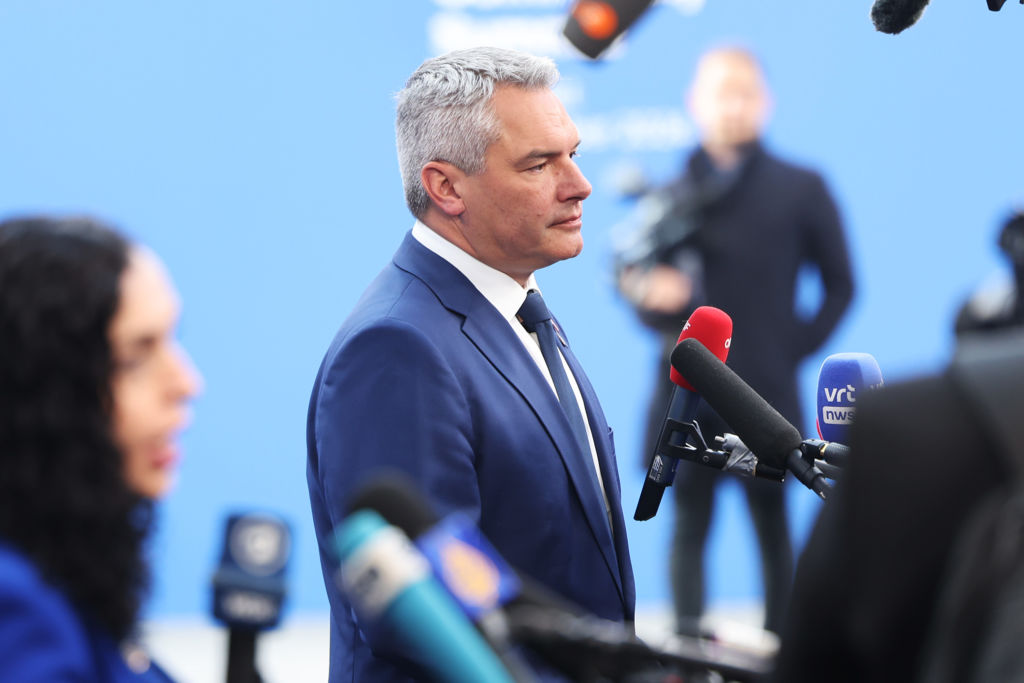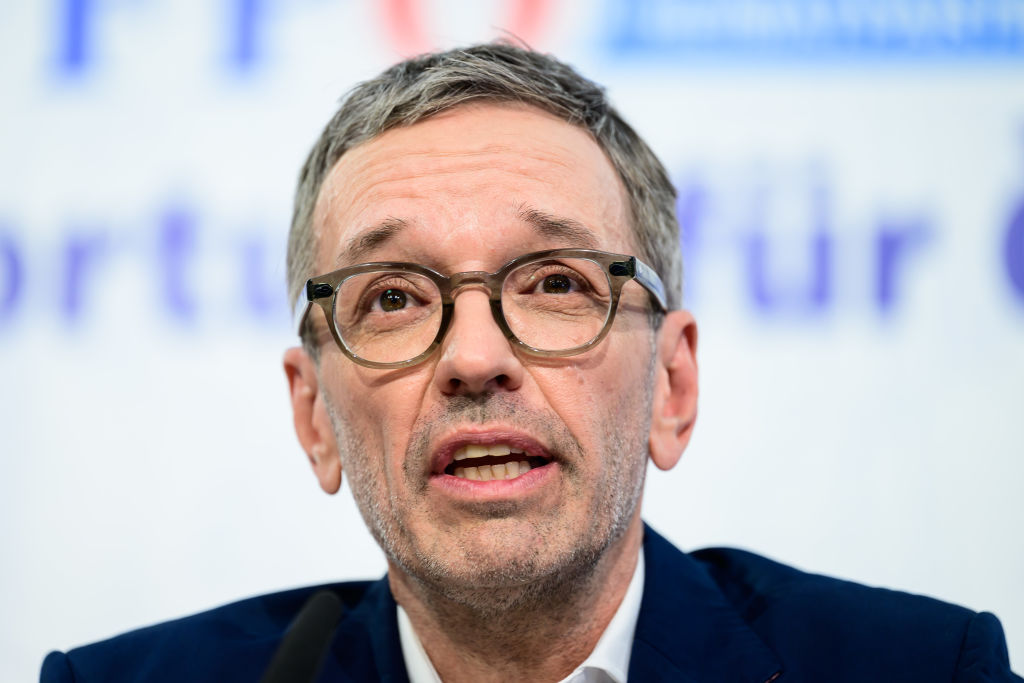In the Austrian State of Styria, the right-wing Freedom Party (FPÖ) has said it planned to ban civil servants in Styria from using “gender-inclusive language”.
The FPÖ announcement came as it revealed a government coalition on December 17 with the Conservative People’s Party (ÖVP) as a junior partner. The proposal on language aims to make administrative texts and correspondence easier to read, it claimed.
Mario Kunasek, leader of the FPÖ in Styria and future State governor, presented the coalition agreement in Graz, Austria’s second-largest city.
The programme contained many long-standing FPÖ demands as well as the call for a ban on gender-inclusive language.
In German, nouns for people – such as politician, doctor, journalist, Austrian or citizen – come in a grammatically male and a grammatically female form, for example “der journalist” and “die journalistin”.
The male form has also been used to denote the generic version of the noun without any indication of the sex of the person denoted. This way, “ein journalist” can be a journalist of either sex while “journalisten” (plural) means a number of journalists who can be male, female or either.
This generic male form has spurred anger among radical feminists who have claimed it made women “invisible” in spoken and written language.
Instead, they have come up with new creative forms of writing that aim to combine both genera into one word, usually using punctuation marks or a capital “I”.
Thus, “journalist” would become “journalist_in“, “journalist*in“, “journalist:in” or “journalistIn” and “journalisten” would be “journalist_innen“, “journalist*innen“, “journalist:innen” or “journalistInnen“. Similarly, other words had to replaced, such as “der” with “der/die“, “ein” with “ein:e” or “ein_e” and so forth.
The push for a gender-inclusive language ban has ruffled feathers among Austria’s public and private sector on “political correctness” grounds. A majority of the population in German-speaking countries are not especially supportive.
The planned gender language move has already led to texts that many have said were barely understandable for a native speaker and particularly for those who speak German as a second or third language.
#Gendern ist nicht nur im Mündlichen irritierend und lenkt vom Inhalt ab, sondern ist unlesbar. Sie glauben das nicht? Schauen Sie mal in die Geschäftsordnung des Stadrates Neuss. Es ist wie Hieroglyphen entziffern. Irre! Der Unfug muss endlich aufhören!https://t.co/uWwMtrOS4p pic.twitter.com/ItGZfRw1bu
— Joana (@joanadiskurs) May 19, 2021
“We want to make documents and correspondence of the Styrian public administration more readable,” Kunasek said at the presentation of the programme.
“We want to live [with] equality of the sexes but it has to be possible to write documents without genderised language,” he added.
Several other key FPÖ election pledges have also made it into the agreement. Social security payments for families with more than one child will be lowered, for instance.
This came after revelations that a Syrian family with seven children in Vienna received €4,600 in social security per month – in addition to other state subsidies. That caused outrage throughout Austria earlier in 2024.
“It makes a difference whether you work for your income or whether you receive money from the state,” Kunasek said. He also announced the formation of a state agency to investigate social security fraud.
In addition, the future governor said he wanted to end “the bashing of car owners” and announced a programme to renovate country roads.
A key focus of the coalition will reportedly be on fighting Islamism and “political Islam”. Religious garments such as headscarves are to be banned in the civil service.
“We want to have a neutral public administration,” Kunasek said.
What garments exactly will fall under the regulation is still being determined. At the press conference, though, Kunasek indicated that a necklace with a cross would continue to be accepted as it did not constitute a “garment”.





